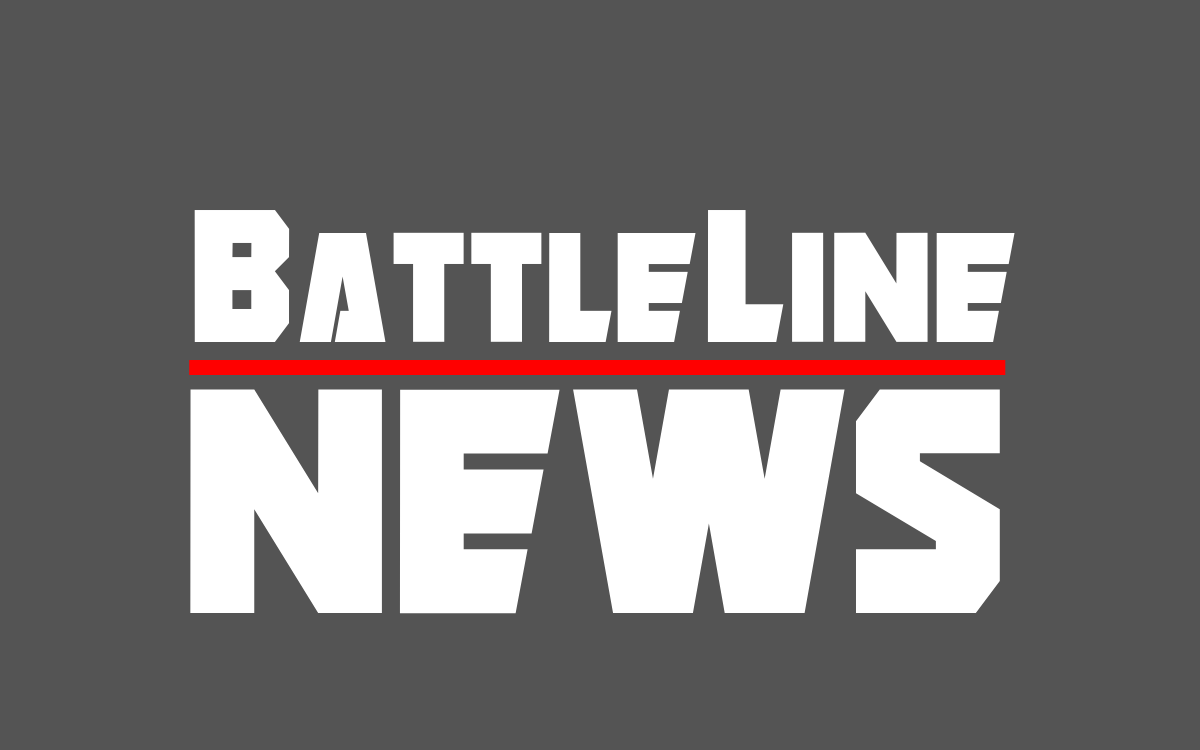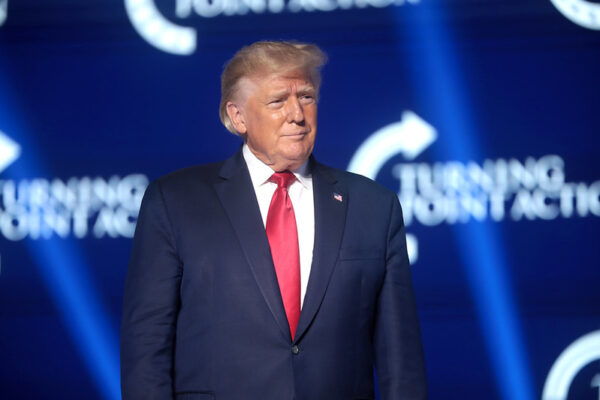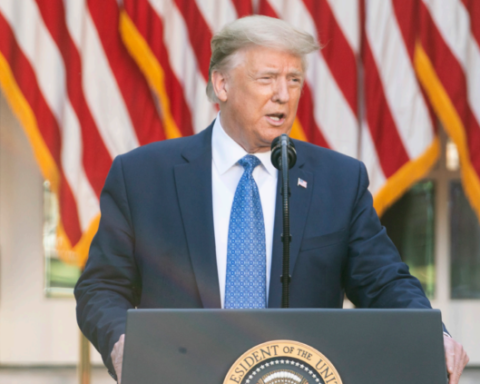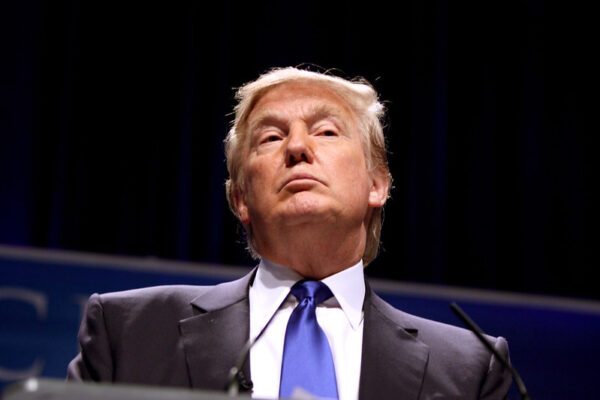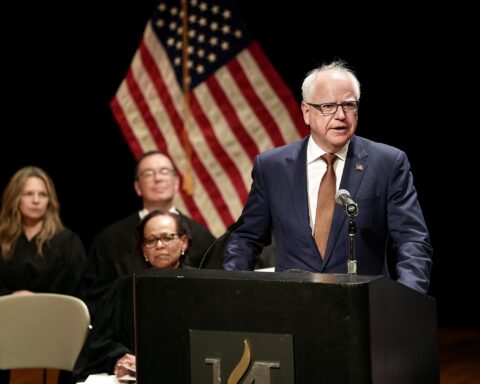President Donald Trump reportedly reignited his conflict with Harvard University by threatening to revoke its tax-exempt status after the institution decided to ignore his demands regarding its diversity, equity, and inclusion (DEI) programs.
Trump’s threats came in response to Harvard’s announcement that it would not comply with his requests to end DEI initiatives, prohibit masks during protests, and modify hiring practices to limit the influence of faculty members whom he claimed were “more committed to activism than scholarship.”
In defense of the university’s autonomy, Harvard President Alan M. Garber stated that no government, regardless of its political affiliation, should dictate the educational content or hiring practices of private universities.
He asserted that Harvard would not relinquish its independence or constitutional rights.
In retaliation, Trump announced plans to freeze $2.2 billion in multi-year federal grants and $60 million in multi-year contracts to the university.
He further suggested via social media that if Harvard continued to promote what he termed “political, ideological, and terrorist-inspired sickness,” it should lose its tax-exempt status and be taxed as a political entity, emphasizing that such status hinges on acting in the public interest.
In a show of solidarity with Harvard, former President Barack Obama praised the institution for its stance against Trump’s demands.
He stated that Harvard set a precedent for higher education by resisting unlawful attempts to suppress academic freedom.
Tax-exempt status allows universities like Harvard, which holds the largest endowment at over $53 billion, to avoid federal income taxes on various revenues.
Specific criteria outlined in the federal tax code indicate that to maintain this status, organizations must operate solely for exempt purposes and refrain from substantial political activity.
[READ MORE: Ray Dalio Forecasts Economic Doom in Wake of Trump Tariffs]
